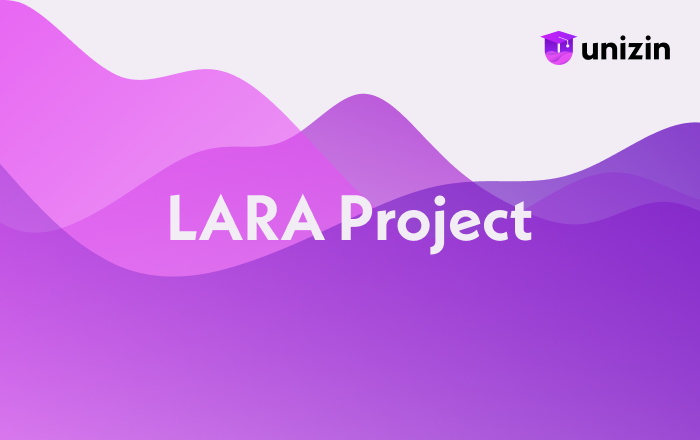Unizin Sponsored Research Update: Expanding the LARA Project Utilizing the UDP and GCP
–In the 2019-20 academic year, Indiana University, the University of Michigan, and the Unizin consortium collaborated to reproduce a well-published study on gender performance differences using the Unizin Data Platform (UDP). The project was titled Learning Analytics Reflection and Awareness (LARA). The LARA project looked for patterns of gendered and racial performance differences in undergraduates, especially in the STEM disciplines, and associated remaining perennial issues in higher education.
Regardless of the underlying causes, it is difficult for institutions to identify courses where patterns of disproportionate difference are apparent and to assess their severity. Nor is higher education able to systematically analyze the extent of patterns on a multi-institutional scale, impoverishing public discourse about the nature and remedies of the problem.
By aggregating institutional learning data with a common data model, the UDP enables research and inquiry to easily be reproduced across institutions. As part of the LARA project, Unizin also developed an out-of-the-box dataset for any UDP-using institution that would immediately enable them to analyze the patterns of performance difference across their entire institution. This resource illustrates the power of standards-based data integrations and modeling to lower the cost and effort required to reproduce valuable research across institutions. The UDP data entities and R scripts behind the LARA study are available to all Unizin member institutions.
Now, Stefano Fiorini and a team at Indiana University Bloomington (IU), working under a Unizin-sponsored research grant, have expanded on the initial LARA project: growing the LARA data set, replicating the data set analysis across institutions, and applying machine learning and deep learning tools to Canvas and course performance data.
Establishing access to UDP and connections to RStudio and JupyterLab servers for secure analytics enhances the ability to identify limitations of the data currently available on the UDP, as well as assess the institutional roots of these limitations and build possible workarounds. In its work, the IU team identified issues related to missing Canvas data and re-designed original LARA analytics to run on the Unizin RStudio server so that they can be adopted across the consortium. This new code provides direct comparison to results published in Koester et al. 2016 and Matz et al. 2017.
The team also expanded the LARA analytics to include other student demographic characteristics (this work has not yet been peer-reviewed) and developed course performance models with selected classifier methods using the JupyterLab server environment, based on previous work conducted at BAR (see e.g. Fiorini et al. 2018 in the proceedings of LAK’18).
For Indiana University Bloomington, the LARA study identified critical limitations related to the data made available by the institution in the UDP. Addressing these issues will facilitate use of the UDP within IU, as well as collaborative efforts with other Consortium members. Access to Canvas data, properly connected to SIS data, expanded the availability and uses of data in order to better understand and improve the student experience.
The Impact
A well connected data and analytical environment provides the ideal setting for facilitating the development, implementation and deployment of analytics to campus partners. The Unizin model also facilitates the sharing and adoption of analytics developed by other institutions within the Consortium. Specifically the LARA project expanded IU’s ability to tap into Canvas data to enrich advising on campus.
For institutions that support faculty learning analytics communities, which use data to support institutional changes to improve student success at the classroom, program, and institution level, the LARA platform and scripts are now more fully accessible to units that provision data to the faculty researchers.
As Fiorini noted, “Working in the UDP environment and with our Unizin colleagues made it clear that work on this platform is an interactive process that builds on constructive collaboration and adaptations. This aspect offers the advantage of being more adaptable to changes in data and tools available to analysts and researchers using Unizin.”
The initial LARA Project and these new expansions underscore the value of the UDP to help answer some of the most vexing questions facing higher education. Collaboration across institutions, using a common data engine, is creating a new paradigm for academic inquiry which will drive student success and help mitigate the inequities that the initial LARA project revealed, for the benefit of all.

